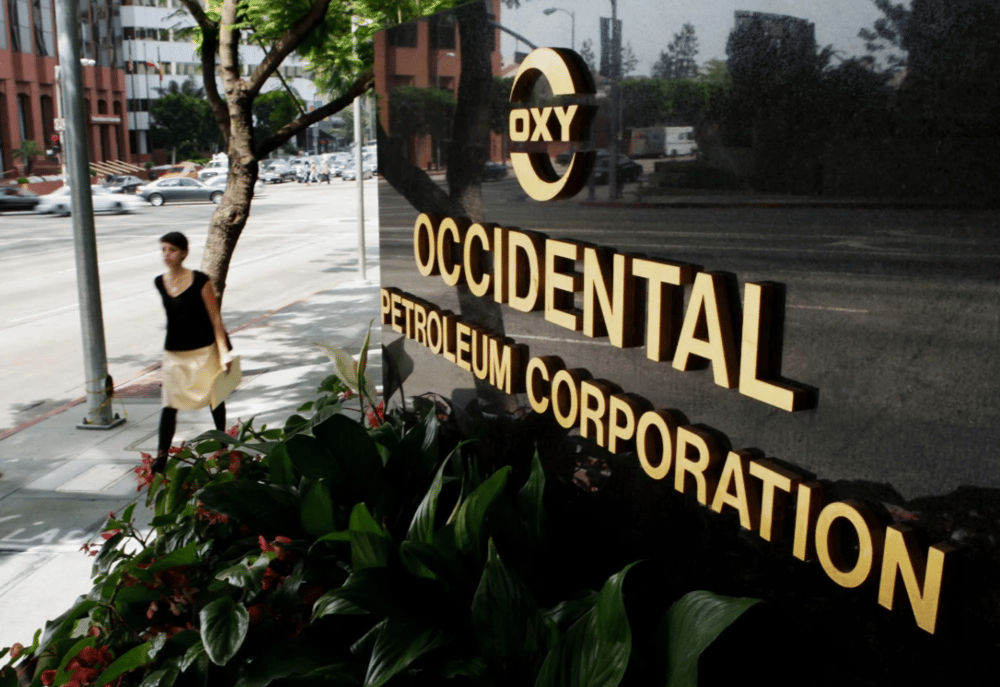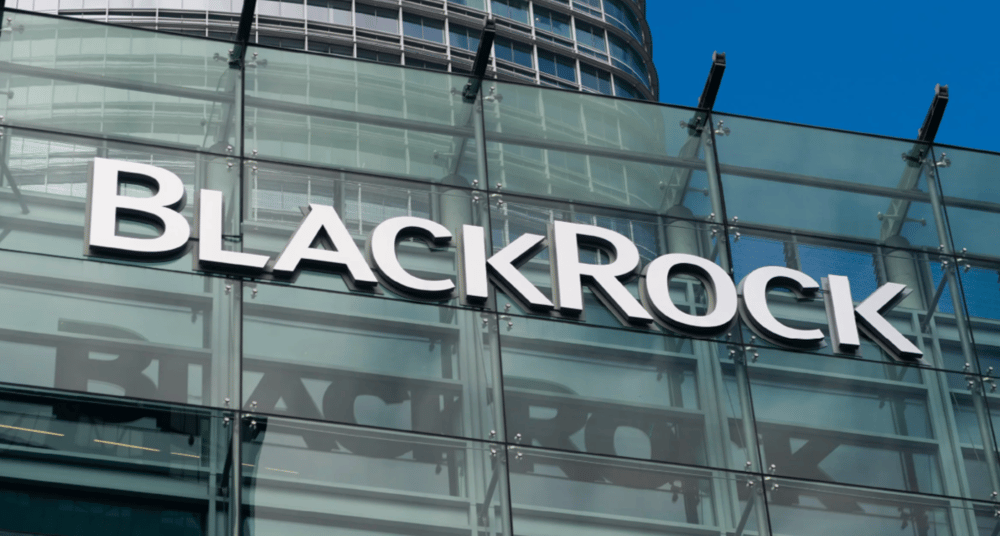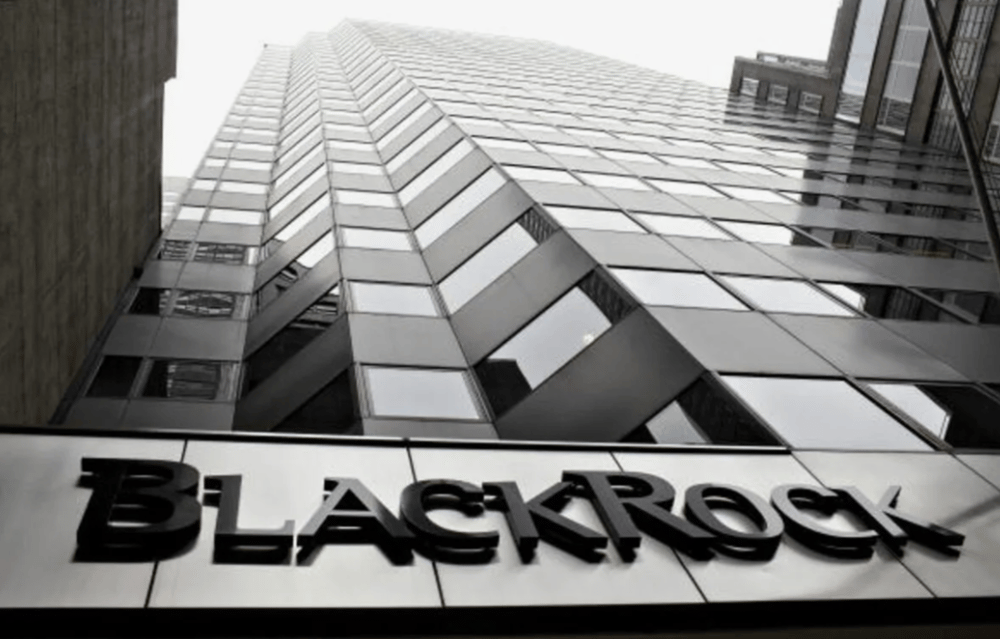On Monday, the U.S. Environmental Protection Agency (EPA) took a significant step in the realm of carbon capture and storage (CCS) by granting Occidental permission to proceed with an innovative project in Texas. This historic move paves the way for Occidental’s Oxy Low Carbon Ventures to drill three wells under a Class VI permit within the Permian Basin’s Ector County. The project is a joint venture between Stratos and asset manager BlackRock, designed to inject 8.5 million tons of carbon dioxide (CO2) underground. This initiative marks a pivotal moment in the integration of traditional oil and gas operations with forward-thinking environmental technologies.
Milestone in Carbon Capture Innovation
The EPA's approval for drilling under the Class VI permit not only highlights a regulatory breakthrough but also reinforces the industry's commitment to reducing its carbon footprint. With global attention increasingly focused on mitigating climate change, this project demonstrates the potential of CCS technologies to curb greenhouse gas emissions. By harnessing such innovative methods, Occidental and its partners are setting the stage for future large-scale applications of CCUS (Carbon Capture, Utilization, and Storage) within the energy sector.
The long-term benefits of this project can include:
- Accelerated investments in eco-friendly technologies
- Substantial reduction in atmospheric CO2
- Development of new operational standards in injection activities
- Elevating the environmental profile of traditional oil and gas companies
- Strengthening the collaboration between major financial institutions and technology innovators
Strategic Steps for Technological Integration
Undertaking a project of this magnitude necessitates an interdisciplinary approach that merges expertise from varied fields. Key elements essential for the project's success include:
1. A comprehensive evaluation of the geological characteristics of the Ector County site
2. The deployment of advanced monitoring and control systems at every stage
3. The integration of cutting-edge direct air capture solutions
4. Close collaboration among industry specialists, investment entities, and regulatory bodies
5. Rigorous assessments of potential environmental and economic impacts
This systematic methodology not only mitigates the inherent risks associated with injection projects but also ensures the achievement of both environmental and operational objectives. With BlackRock’s role extending beyond financing to include strategic oversight, the project represents a balanced amalgamation of financial acumen and technological innovation in the oil and gas sector.
Environmental Transformation in the Oil and Gas Sector
The CO2 injection project in Texas is emblematic of how the traditional energy sector can pivot towards sustainability through the adoption of environmentally progressive technologies. By embracing a dual focus on profitability and ecological stewardship, Occidental and its partners are redefining industry norms. The project is expected to drive job creation, enhance workforce proficiency, and catalyze the adoption of state-of-the-art emission reduction methods.
Additional factors contributing to the project’s impact include:
• Integration of expertise from leading companies and financial institutions working towards shared environmental goals
• Expansion of infrastructure dedicated to secure and efficient CO2 storage
• Strengthened regulatory oversight with an emphasis on sustainable practices
• Enhancement of the industry's public image through demonstrable ecological responsibility
The partnership between Occidental, Oxy Low Carbon Ventures, Stratos, and BlackRock offers a unique model wherein economic interests align with environmental imperatives. This initiative has the potential not only to transform the management of CO2 emissions within the oil and gas domain but also to establish a new benchmark for integrating CCUS technologies globally.
Analytical Conclusions and Future Outlook
The collaboration between major industry players and the deployment of advanced carbon capture technologies signal a transformative era for the energy sector. The issuance of a Class VI permit allows Occidental and its partners to test and potentially standardize direct CO2 injection methods. BlackRock’s involvement underscores the strategic importance of this direction, reinforcing the notion that environmental innovation and financial strategy can coexist. As the project progresses, it is poised to offer significant environmental benefits and set new regulatory precedents for injection operations. The experience garnered from this venture may serve as a replicable model for other companies committed to achieving sustainability and environmental accountability.








This sale could play a critical role in shaping the future of automation in the tech industry.